Another victory for Calusa homeowners: Developer must submit revised plan for 550 houses
It’s back to the drawing board for the developer of a 550-house development on the defunct Calusa Country Club golf course and another victory for homeowners who have been fighting for years to block or downsize the proposed Kendall subdivision.
The winners following a Florida Supreme Court decision are not only the tricolored herons and other birds nesting on an islet in the middle of what used to be a water hazard but also homeowners who want a louder voice in preventing sprawl in their neighborhoods.
Calusa residents prevailed on Wednesday when the state’s highest court agreed with them and declined to review a ruling by the Third District Court of Appeal, which in 2022 ordered Miami-Dade’s county commission to throw out its 2021 reclassification of the 168-acre golf course from “parks and recreation” to “residential.” Commissioners voted 10-2 to rezone the property at developer GL Homes’ request, but the appeals court said the county failed to give proper public notice of the hearing, thus hindering public input, and must do it over.
“This decision proves that all the hard, grass-roots work has been worth it when homeowners are standing up to preserve quality of life in the places where they live against developers with deep pockets and high profit goals,” said Amanda Prieto, leader of the Save Calusa campaign. “The county rushed to make a huge zoning change and did it backwards, before it had the complete environmental picture and before it listened to all our concerns. Now we’ve got a second chance to make a plan that is smart.”
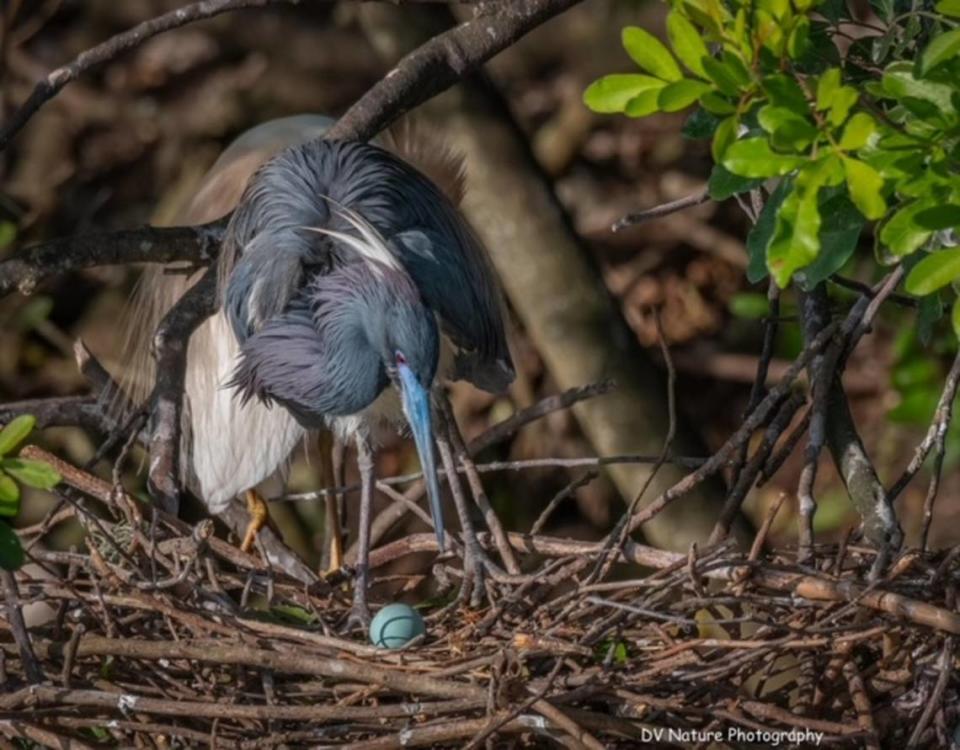
Some homeowners are holding out hope that the developer will cancel the project and turn the land into a nature preserve. But GL Homes Executive Vice President Dick Norwalk said the company will proceed with a revised site plan.
“GL Homes respects the Florida Supreme Court’s decision, but we are disappointed that a technical noticing error is delaying the delivery of much-needed housing in Miami-Dade County,” Norwalk said. “The county commission approved our vision by a 10-2 margin, and we are confident that our plan to transform this vacant site into a low-density community of single-family homes within the Urban Development Boundary will be well-received by commissioners once again.”
Attorney David Winker, who represented the homeowners, said the decision, based on a 2020 amendment to the Florida Constitution that says courts no longer must defer to municipalities and agencies when interpreting their laws and regulations, has precedent-setting repercussions.
“It’s not just about the birds. I think it will change how all zoning decisions are made and challenged,” Winker said. “No more free passes to municipalities to decide for themselves what their laws mean. No more special deals for special people. The courts must be the umpire.
“This is another step toward more transparency and accountability and less corruption in government.”
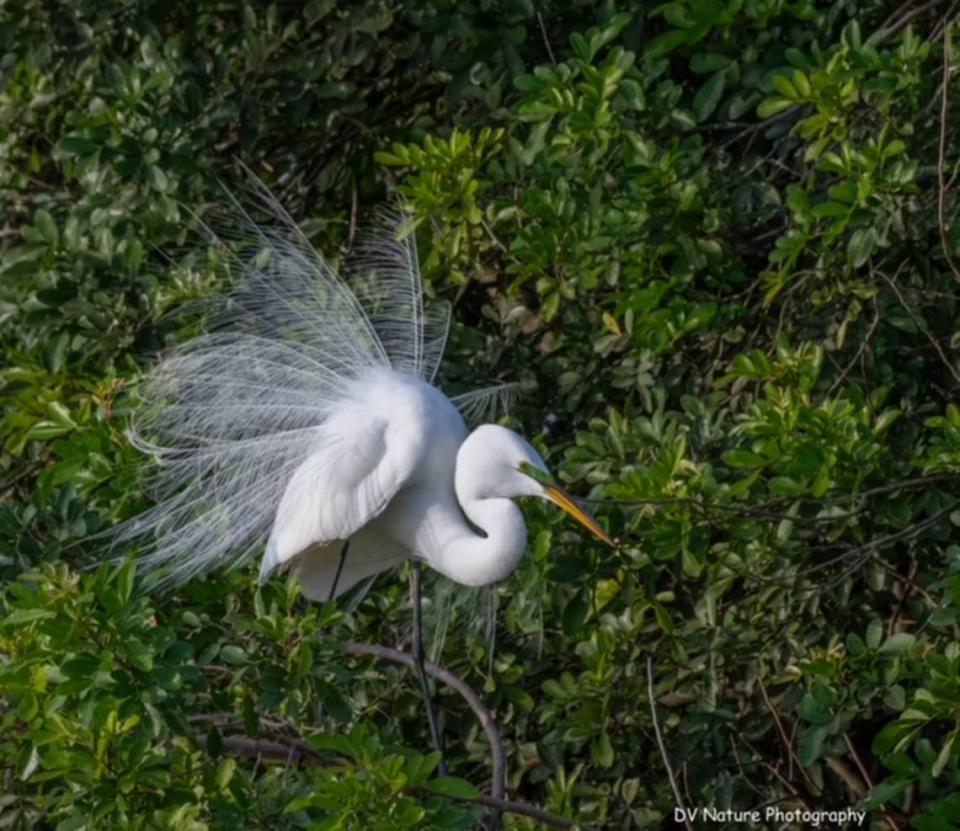
Facundo Bacardi, head of the rum empire, bought the country club for $2.7 million in 2003, knowing its use was restricted to a golf course by a 99-year covenant and that it was zoned as park land. He closed it in 2011. He sued surrounding homeowners and later paid them to lift the covenant so he could ask the county to change the zoning. He sold the land to GL Homes for $32 million and got a stake in the project.
“This is one of developers’ most common plays — buy land cheap because of its zoning restrictions, then use political muscle to upzone, create value and make a bigger fortune,” Winker said.
Prieto and her neighbors observed Mother Nature reclaim the abandoned golf course over the years. They documented bonneted bats foraging over the old fairways and a bird rookery on the small island. GL Homes had originally planned to fill in the lake and build over the island and argued that most of the birds were common cattle egrets.
Residents complained the developer did its environmental surveys outside of nesting season and submitted misleading information to the county. They won a concession from Mayor Daniella Levine Cava, who opposed the project but did not veto the commission’s vote. Levine Cava ordered the Department of Environmental Resources Management to conduct thorough field studies and GL Homes to submit a plan for DERM’s approval ensuring protection of the rookery. DERM and the Florida Fish and Wildlife Conservation Commission confirmed the presence of tricolor herons — classified as threatened in Florida — nesting on the island.
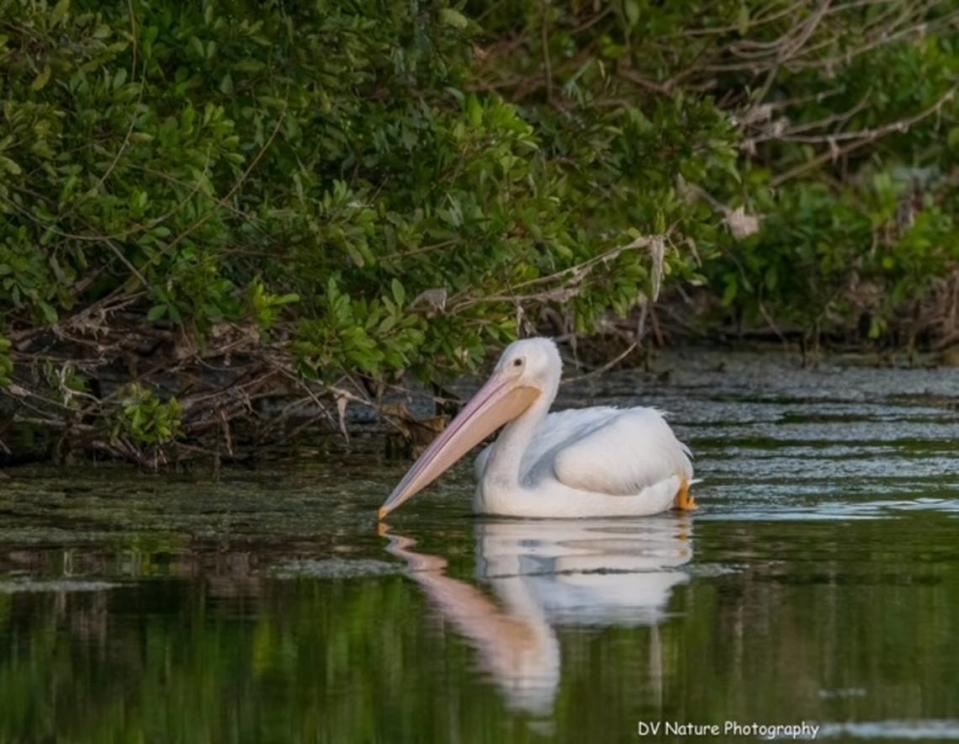
“We’ve averaged four tricolor heron nests per year,” Prieto said. “Right now we have eggs in two of the nests, and in two weeks will probably have beautiful baby chicks.”
Other heron species, ibises and anhingas also roost on the island and this spring white pelicans were observed.
Norwalk said GL Homes has always been committed to protecting natural habitats and will honor its promise to preserve the rookery.
“Everyone thought Miami Wilds was a done deal and it was not because of the increasing focus on South Florida’s disappearing habitats,” Prieto said, citing the waterpark that was to be built next to Zoo Miami. “I don’t disagree that we have a housing crisis, but paving over nature and building a luxury gated community with million-dollar homes will not solve it.”
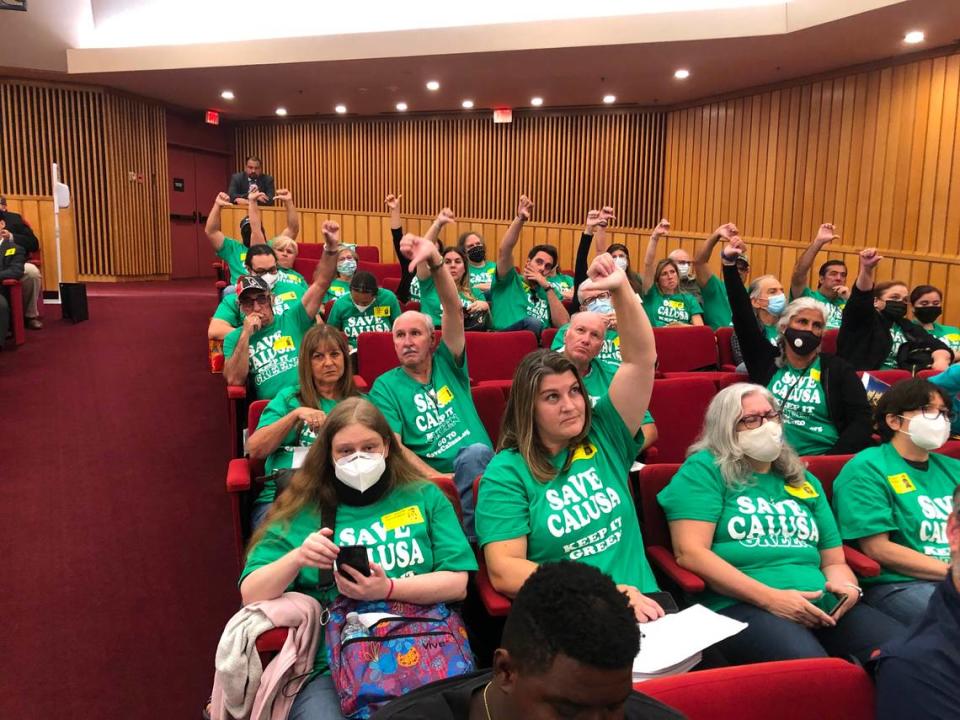
Prieto said a new 342-unit apartment complex on a former strawberry field near Calusa that was already zoned residential as a more practical source of affordable housing.
“A number of other things have changed since the 2021 rezoning that mean we have another shot at doing this right,” she said. “Six new commissioners will be voting. The school and traffic studies will need to be redone. We’ve got 342 apartments right next to Calusa Elementary but the school is full.”
The Tropical Audubon Society, Sierra Club Miami and Zoo Miami spokesman Ron Magill have been among Save Calusa’s supporters.
“You can buy consultants, but you can’t buy wildlife once it’s dead,” was Magill’s memorable comment at the county rezoning hearing before he was cut off.
The Calusa saga dates back two decades. After Bacardi bought the club, golfers began to notice its deterioration. After hurricanes Katrina and Wilma hit in 2005, the damaged clubhouse wasn’t repaired and was replaced by a trailer and Porta Potties. Following the closure, Bacardi offered homeowners living along the course $50,000 each to waive the covenant that restricted use of the land to a golf course until 2068 unless 75 percent of the ring owners lifted it. They turned him down, so Bacardi sued them. The covenant was upheld in a court ruling in 2016, but Bacardi said he’d continue the legal battle to invalidate it, then paid off weary ring homeowners with individual settlements of up to $300,000. Of 146 ring homeowners, 123 accepted payments totaling about $23 million and signed waivers, fracturing the community. Commissioners released the covenant in October 2020. In 2021, at a packed hearing, the county approved zoning for 550 homes, but did not provide proper notice of the hearing even after Winker gave warning 12 days prior that the county had erred.
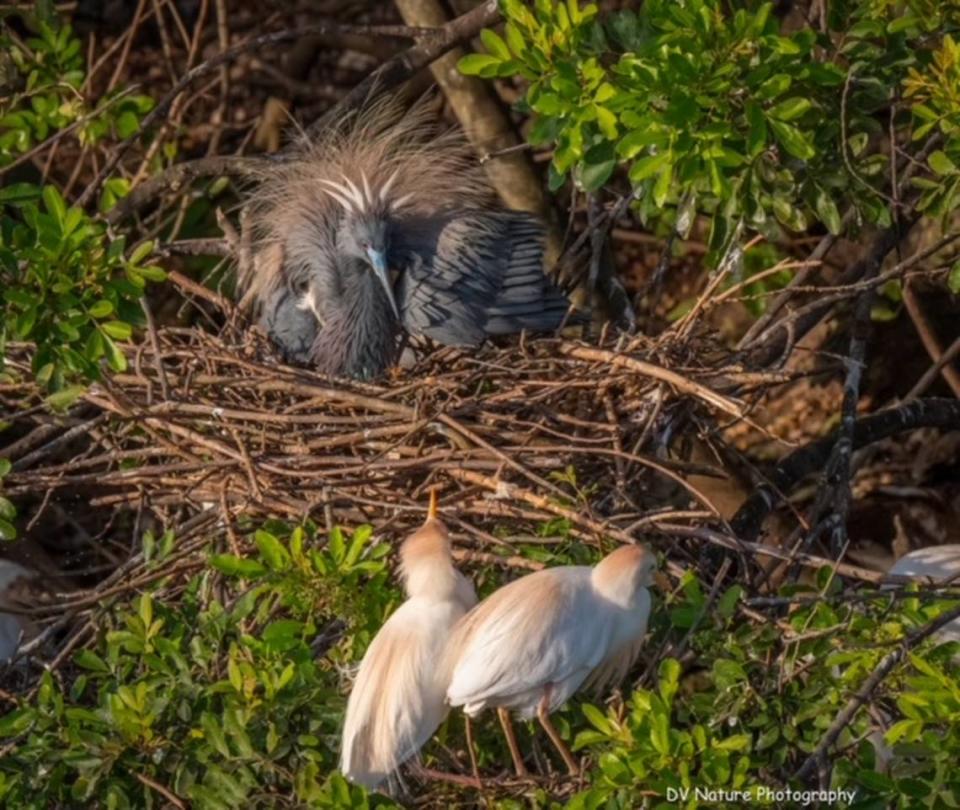
The appellate court ruled that the public must be “constructively informed of contemplated action and aid the commission in gathering sufficient information to sagaciously discharge their duties” and that the public was denied due process.
GL Homes has argued that by reducing the number of houses from 1,000 to 550 the project will have the lowest density of any golf course redevelopment in the county. And, because the overgrown course is fenced-off private property not accessible to the public, the company is not taking park land away from anybody.

